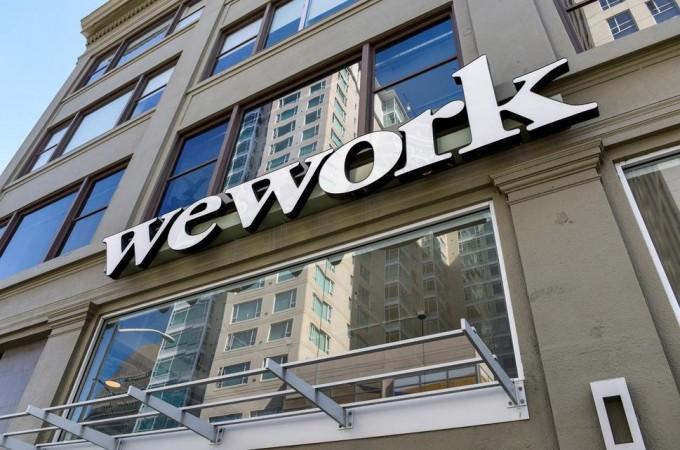Flexible workspace provider WeWork India on Tuesday announced the appointment of two senior leaders to its executive leadership team.
Debosmita Majumder has joined WeWork India as Chief Marketing Officer, while Rupesh Kumar has taken up the role of Head of Engineering, the company said in a statement.
"As we continue on a path of profitability, marketing and engineering will play a key role in elevating member experience and amplifying our market presence," said Karan Virwani, CEO, WeWork India.
Majumder will be responsible for planning and elevating WeWork India's brand and marketing infrastructure involving aspects such as brand campaigns, marketing automation, strategy development and more.

With over two decades of experience in tech, Kumar specialises in building large-scale web applications and enterprise products.
An IIT-IIM graduate, he has previously been associated with MediBuddy, BigBasket, and Adobe Systems.
WeWork India said it is excited about the possibilities that lie ahead.
WeWork India's revenue grew by 40 per cent to Rs 400 crore during the first quarter of this fiscal year on rising demand for flexible workspace across major cities from corporates.
Since entering the Indian market in 2017, WeWork has over 6.5 million square feet of assets signed across 50 locations.

However, the company is facing a "difficult operating environment" globally, which has not impacted its India business so far.
Last month, WeWork, once valued at $47 billion, said that "substantial doubt exists about the company's ability to continue as a going concern".
The company, which reported a net loss of $397 million for the second quarter over the consolidated revenue of $844 million (up 4 per cent year-over-year), projected a weak future amid losses, projected cash needs and increased member turnover.
"Excess supply in commercial real estate, increasing competition in flexible space and macroeconomic volatility drove higher member churn and softer demand than we anticipated, resulting in a slight decline in memberships," said WeWork interim CEO David Tolley.
(With inputs from IANS)















